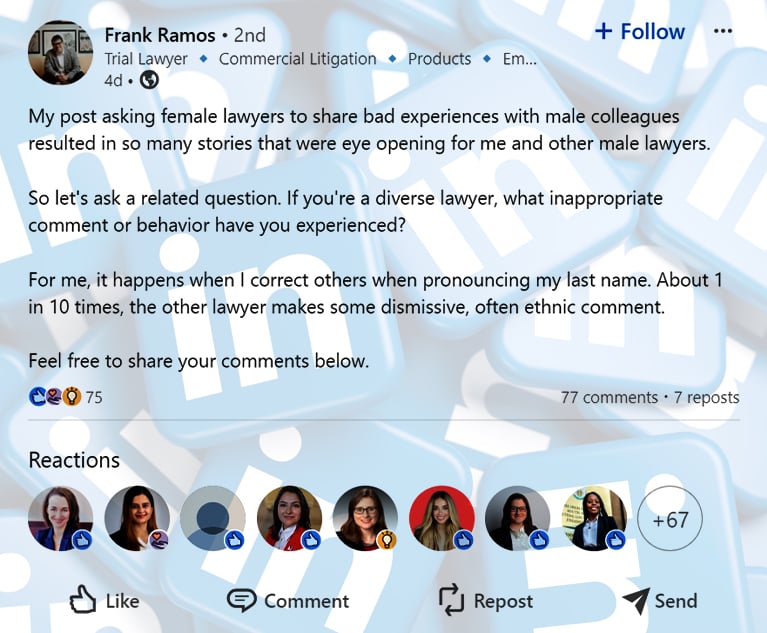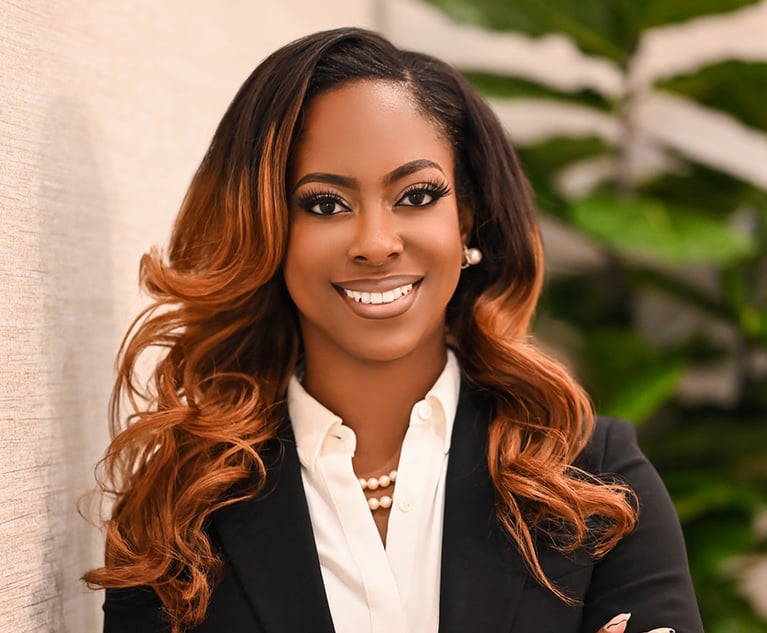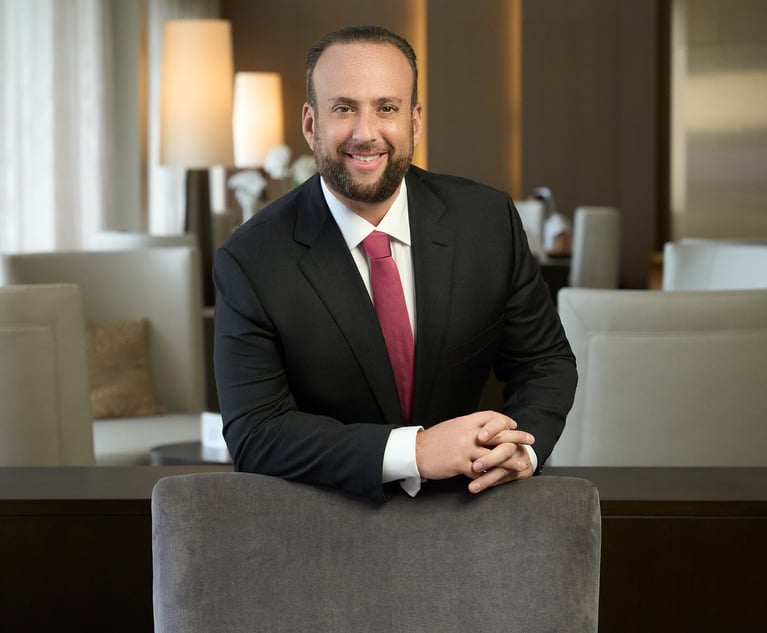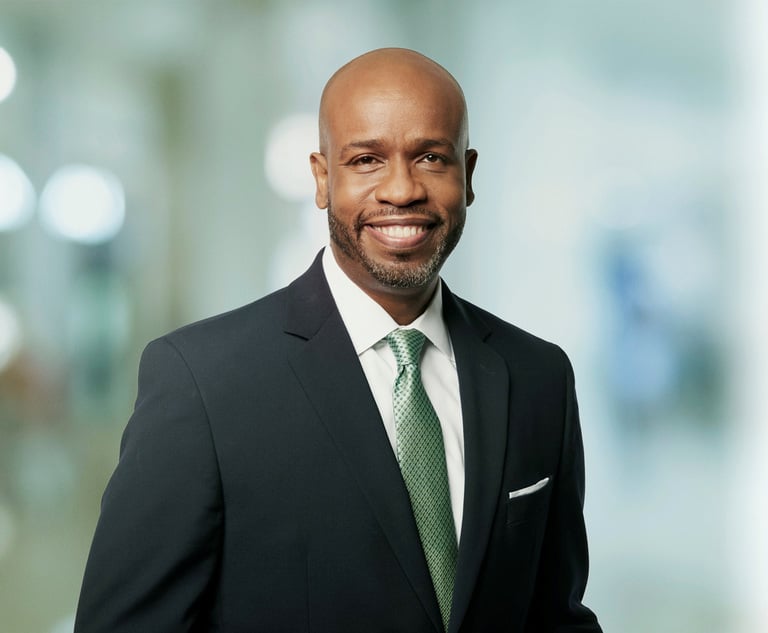Now in my third decade of practicing, I’ve been fortunate enough to have worked in both Big Law and in smaller firms (like my own). In my experience, Big Law’s focus on diversity and inclusion may be capturing all the attention, but smaller firms and boutiques have long led the way on these issues. Certainly, with larger firms, the change toward greater diversity has been slow, but the stakes are higher. And yet woman and minority lawyers have been creating and leading smaller, diverse firms that are making inroads into the kind of sophisticated, complex commercial work Big Law enjoys.
Here’s the reality of where we stand: according to a 2004 study by the National Association for Law Placement (NALP), in 2004, in law firms with more than 500 attorneys, 5.43% of partners and 17.90% of associates were minorities, while in firms with fewer than 100 attorneys, 4.44% of partners and 11.35% of associates were lawyers of color. As of 2019, NALP is reporting that, in firms with over 500 lawyers, 8% of minorities were partners and 24.38% were associates, while in firms with fewer than 100 attorneys, 7.18% of partners and 18.39% of associates were lawyers of color. So, regardless of the size of the firm, there is still much to do. Law firms are only now starting to achieve genuine progress through real commitment, concrete action and long-term engagement. In my experience, here’s what is working.


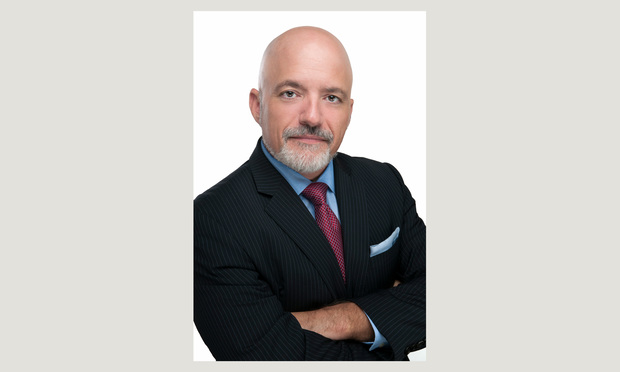 Luis Salazar, Salazar Law, Miami
Luis Salazar, Salazar Law, Miami
